Does everybody get a happy ending?
I love fairy tales. I always have and I always will. But although I wrote my master’s thesis on fairy tales and children’s social and moral development, I never expected to stand on the brink of my dissertation, wondering about the essential question that fairy tales ask: who gets the happy ending?
One of my delights in the past year has been the discovery of Once Upon a Time, the hit TV series. I don’t have cable, but on the recommendation of a friend, I started to watch the show on Netflix while I rode my exercise bike (no spoiler alerts, please: I’m only up to Season 4!). As classic fairy tale heroes and villains dance between the Enchanted Forest and the present-day in ever-surprising plot twists, the issue of whether only heroes get to happily ever after dominates.
This seems relevant to me, as I continue to learn about the impact of substance use disorder (SUD, also known as alcoholism/addiction) on very young children. These children may come into their preschool classrooms looking more like fierce dragons and raging beasts than kind and courageous heroes. While the family disease affects children in many different ways, it can often result in challenging behaviors, including aggression, lack of trust in adults, and self-regulation and attention difficulties.
Statistically, we know that young children with challenging behaviors are expelled from preschool at a higher rate than older students: up to three times as often as their K-12 brothers and sisters! How’s that for putting the villain’s mask on a four year old at risk for mental and physical health issues, including SUD, as an adult?
What would happen if early childhood teachers began to use the magic of neuroscience to develop the resilience and heart that every hero possesses…in all children? The battle between good and evil may play out in fairy tales, and even on the world stage, but in the preschool classroom, there is plenty of room for a host of good guys.
Here’s to a commitment to doing our best to ensure that every child has a shot at the happy ending s/he so richly deserves.

